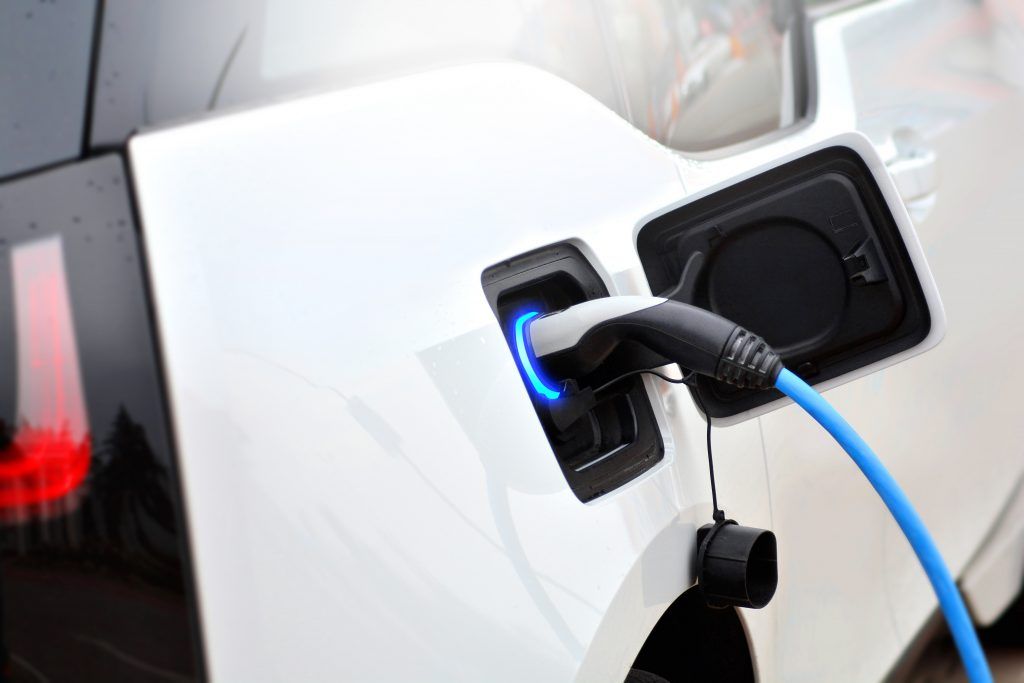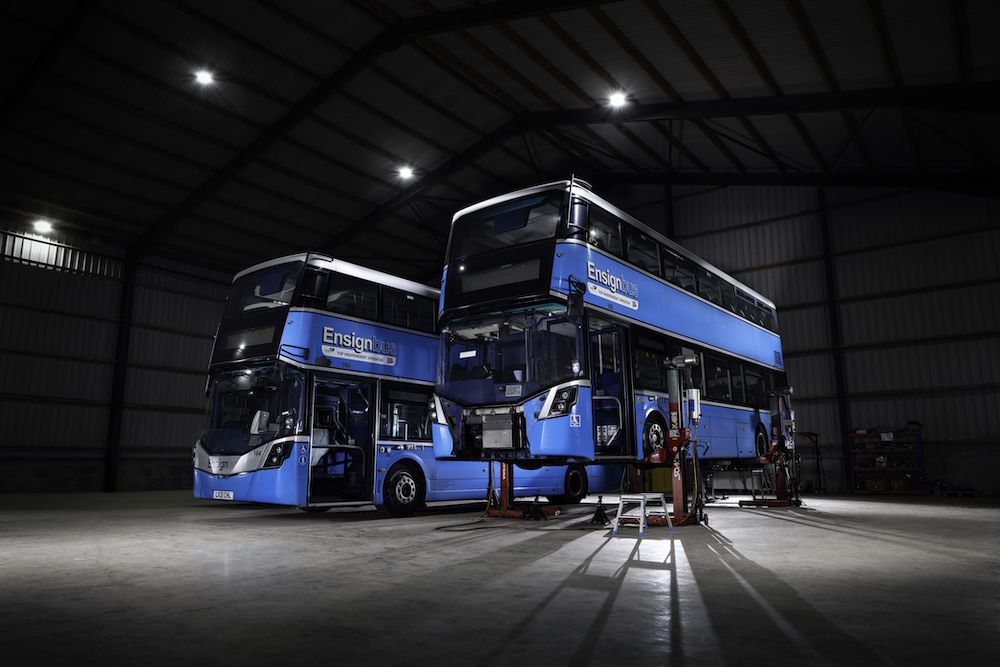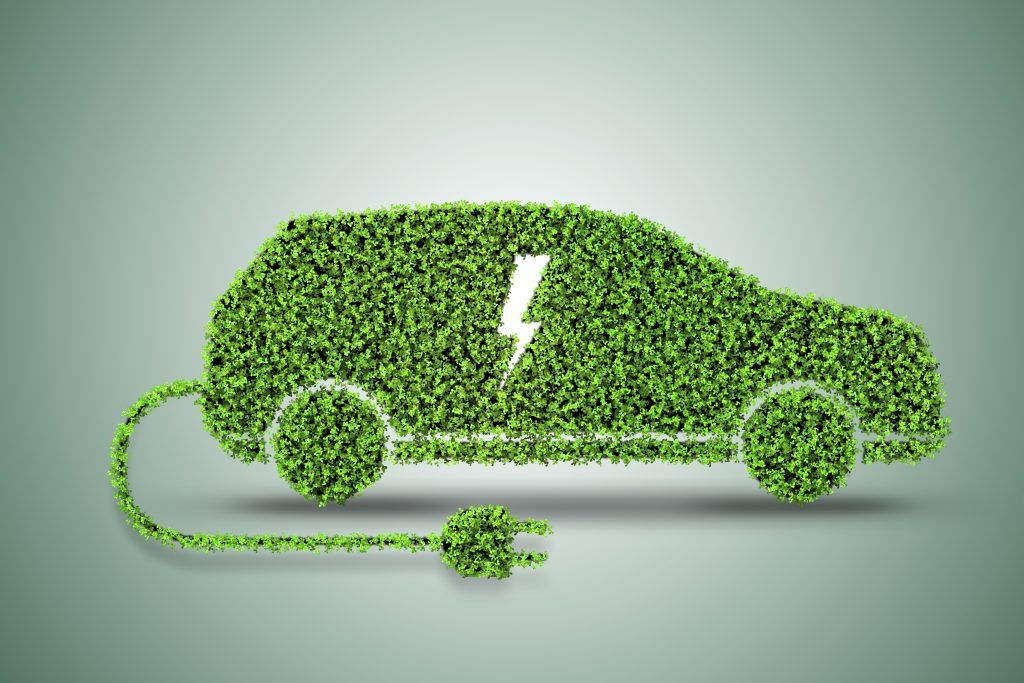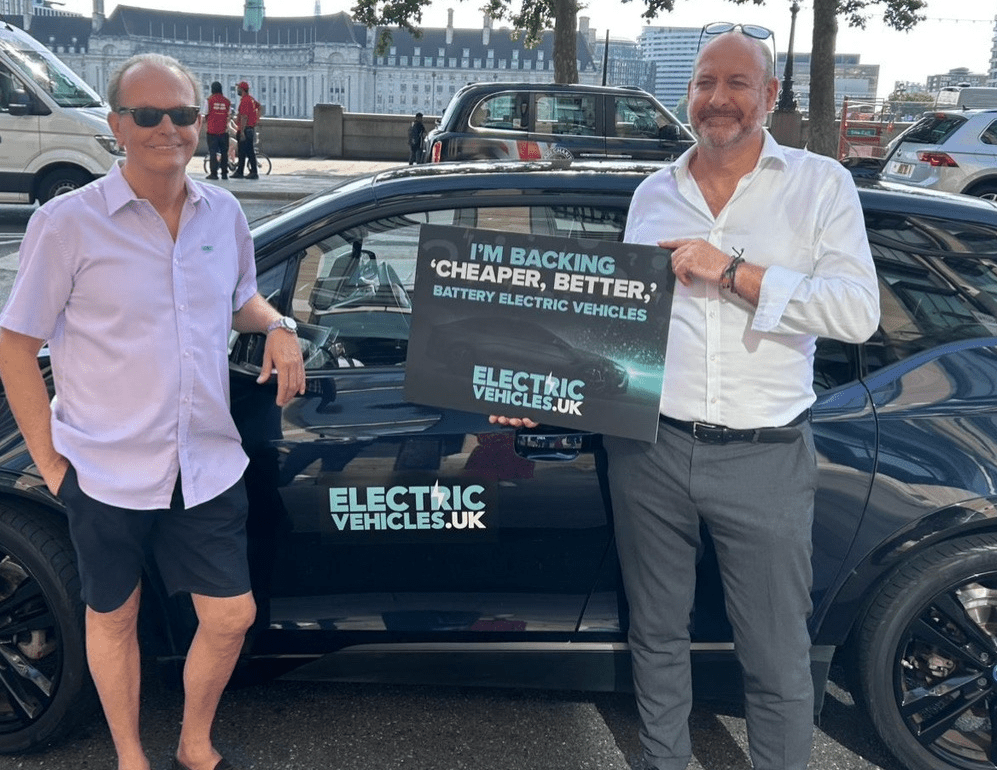The Italian car maker has confirmed it will begin phasing out combustion engines in 2025 and from 2030 will sell only battery-electric cars.
Fiat CEO, Olivier François, said the transition will be radical and the brand will begin to phase out all combustion-engine models from its global line up from 2025 – and by 2030 will no longer sell passenger cars with a petrol or diesel engine: “Between 2025 and 2030, our product line-up will gradually become electric only. This will be a radical change for Fiat.”
The decision now comes following on from the launch of Fiat’s first electric model to market at the end of last year, the Fiat 500, which is only being sold as an electric vehicle.
The battery-powered 500 is priced from £20,495 in the UK, has a range of 199 miles and can be charged to 80% battery capacity in 35 minutes.
François said: “The decision to launch the new 500, electric and electric alone, was actually taken before Covid-19. Even then, we were already aware that the world could not take any more compromises. We were reminded of the urgency of taking action, of doing something for the planet Earth.
“Nowadays, in this new scenario, Fiat has a new mission, to create sustainable mobility for all. It is our duty to bring to market electric cars that cost no more than those with an internal combustion engine, as soon as we can, in line with the falling costs of batteries. We are exploring the territory of sustainable mobility for all: this is our greatest project.”
Fiat has stated that while some other nations have set their own deadline further in the future, it will not provide new petrol and diesel models for those markets beyond 2030.
Fiat has also stated that within its objectives to make EV ownership more attainable it will improve the availability of charging stations for communities who do not have regular access, such as those living in flats and blocks of apartments, as well as increase the number of fast-charging points.
Image: Shutterstock














